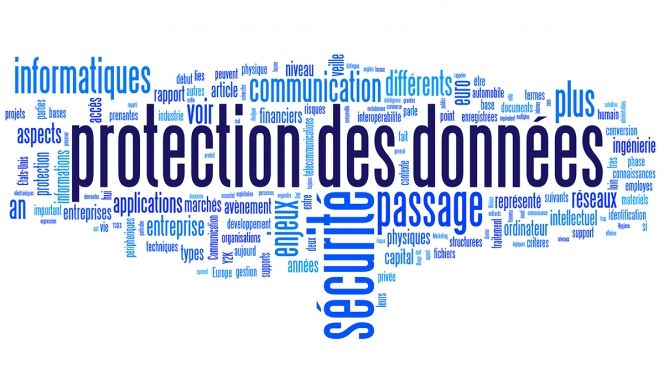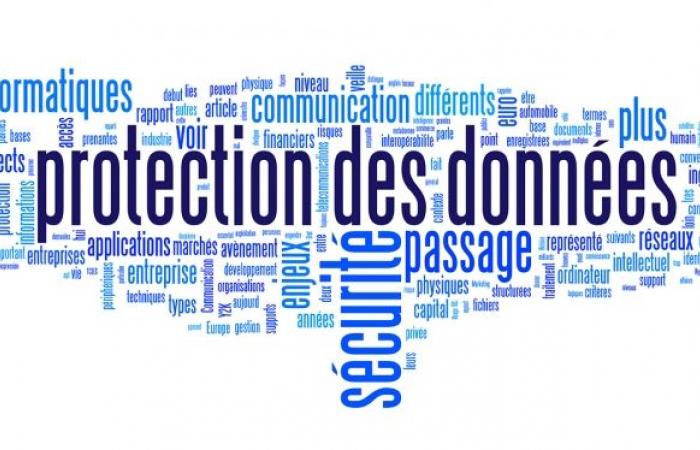Identity theft affects many Belgians. It is even a growing phenomenon, especially on the Internet. But identity theft can also affect you in real life. In total, each year, there are at least 8,400 Belgians victims of identity fraud. So what should you do if this happens to you?
Identity theft can affect anyone, whether you’re famous or not. Recently, it was the mayor of Berchem-Sainte-Agathe, Christian Lamouline, who paid the price. It was on Facebook that the usurper decided to set up the scam. And for this, nothing could be simpler: a fake Facebook account which includes the mayor’s information has been created. And in a few days, the usurper was able to collect 250 friends who are all potential targets.
Its goal is simple: exploit the image and position of the real Christian Lamouline to obtain private information from his contacts. A method known as phishing or evenPhishing. Except that if you are fooled, the usurper will then have access to YOUR data, and will thus be able to steal your online identity, making you their next target. And so on.
But then, what should you do if you are the victim of theft? What are the right actions to adopt?
The dizzying figures of identity fraud
According to a study carried out in 2019 by the Belgian authorities, there are 700 cases of identity fraud each month in Belgium. Or around 8,400 cases per year.
Identity theft is an increasingly frequent problem, particularly because of social networks and simplified access to personal data. And like any growing phenomenon, identity fraud can occur anywhere in the world. In France, for example, it is estimated that 400,000 people are victims of it each year.
In addition to these observations, the study reveals that identity theft has a bright future ahead of it since the advancement of technology in our society is a real boon for scammers.
Identity theft: an offense punishable by the Penal Code
Identity theft is classified as an offense by the Belgian Penal Code, and is therefore punishable by law. It is article 231 which provides for the sanctions, namely a sentence of 8 days to 3 months of imprisonment, and/or a fine of 25 to 300 euros.
This law covers both traditional and digital identity theft. This may involve actual theft of identity documents, or a crime committed in emails, messages published online, websites and online profiles on social networks.
All these maneuvers, whether carried out on the Internet or in real life, subsequently aim to carry out illegal operations in the name of the Internet user, such as subscribing to credit for example.
Dylan, who contacted us in 2022, shared his story with us. At the age of 24, he was the victim of major identity theft following the theft of his papers. The young man found himself over-indebted and on file with the National Bank because of numerous loans opened in his name, based on his simple identity card.
Identity theft therefore seriously harms the interests of the victim, who may suffer the consequences of an act of which they are not the author, like Dylan.
How to avoid having your identity stolen? The right actions to adopt
But then, how can you avoid identity theft, whether traditional or digital? In fact, there are very simple actions you can adopt in your daily life to prevent this from happening to you.
Here are some precautions to take, which are listed on the Police website and legal assistance sites:
- Never share your identity documents and be careful about the information you share on social networks;
- Also remember to change your passwords regularly, and especially not to use the same ones for all your accounts;
- Do not take the risk of responding to what is called the phishing, these fraudulent emails posing as official institutions. If you have any doubts, it is better to contact the institution in question directly by telephone, for example your bank;
- Meticulously tear up your various paper documents by hand before throwing them in the trash, and make sure you never throw away correspondence, bank statements, invoices, etc. as they are.
In general, as you will have understood, you must be very vigilant about the information you reveal via digital media. If you decide to send your identity card by email, always remember to check the email address of your recipient to be sure not to fall into the trap of phishing. But then, how do you react if you are a victim?


What to do if you are a victim of identity theft?
If you realize that your identity has been stolen, the first instinct is to report the loss or even theft of your identity card via DOCSTOP, a service available 7 days a week, which allows you to report the loss of an identity document. This will make it more difficult to steal your identity since the document will be notified as lost or stolen.
Then, you must file a complaint, as quickly as possible, with the local police or the federal police. Acting immediately is necessary to prevent the usurper from using your identity for fraudulent purposes. You can :
- File a complaint about the Police on web site
- Or file a complaint at a police station near you.
It is obviously essential to collect all available data that could prove useful for the investigation. You can then:
The major difficulty encountered by most victims of identity theft is the fact that the enemy is invisible… The best weapons therefore remain action and the use of all possible means to signal that you are a victim. of identity fraud.
identity theft identity fraud scam online scam phishing phishing












